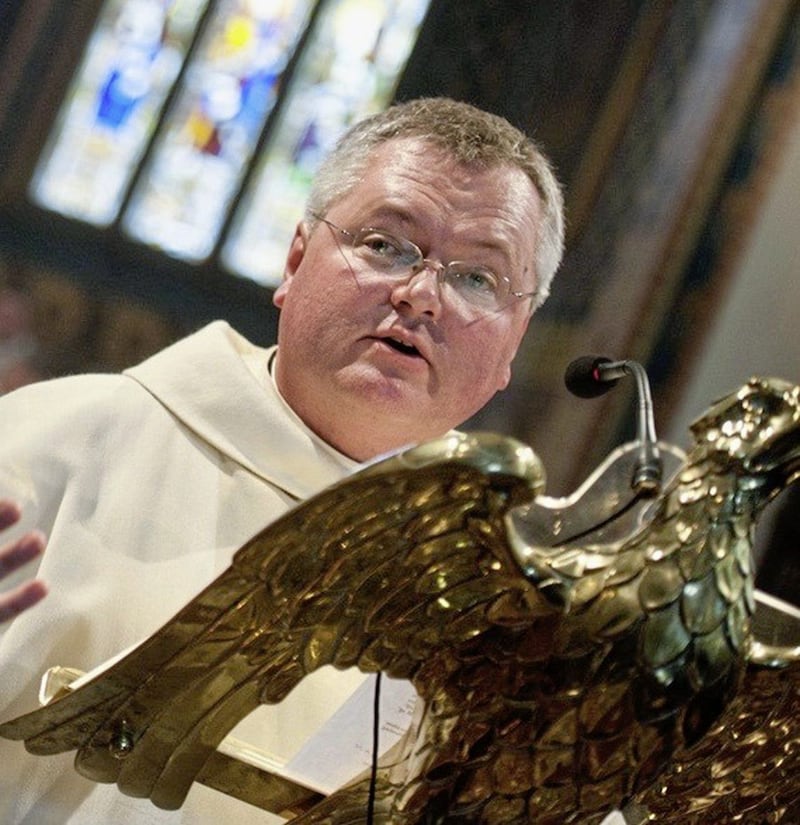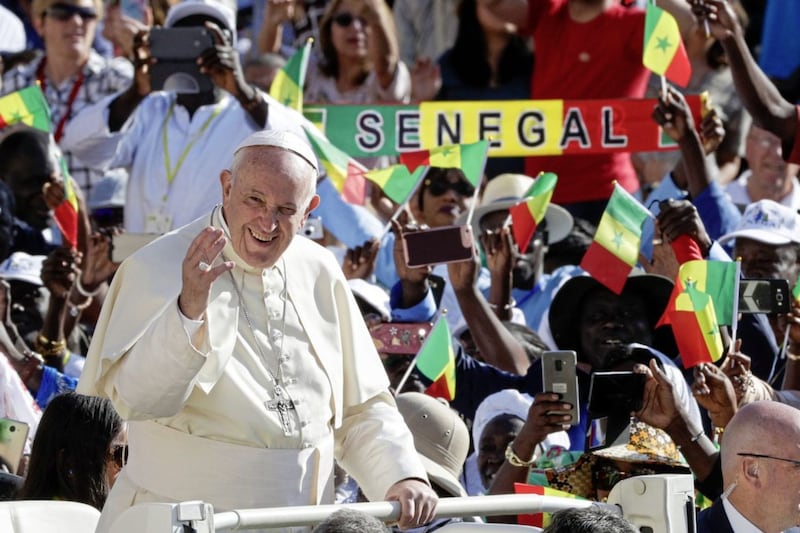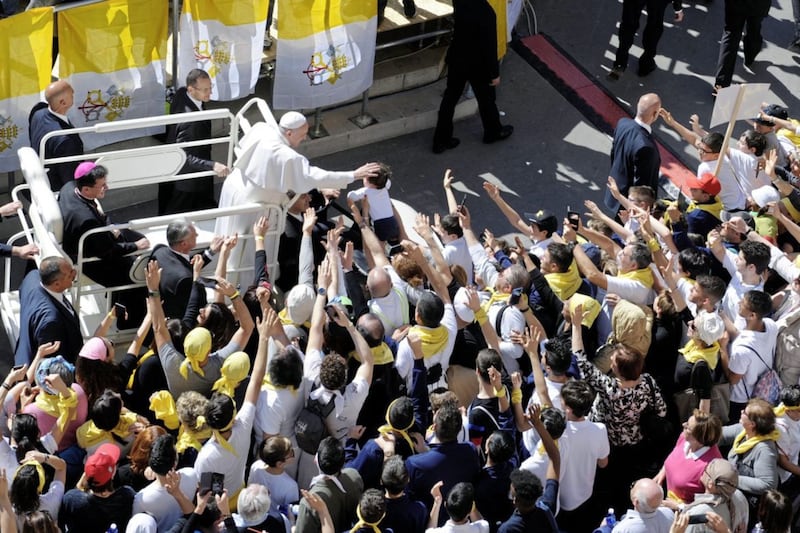JUST before he ascended back to heaven Jesus left a final command to his disciples.
They were to "Go and make disciples of all the nations, baptising them in the name of the Father, and of the Son, and of the Holy Spirit, and teaching them to observe all the commands I gave you".
The order of the Great Commission, as it is called, was clear: make disciples, baptise and teach.
So it was that the early church made a distinction between making disciples and teaching them.
The proclamation of the Good News leading to faith is called the kerygma.
It was followed by the didache, or 'teaching of the Apostles'.
The kerygma consists of four basic propositions: God created the world out of love; we have sinned and turned away from his love; the Father sent his Son as our Redeemer; and through his death and resurrection receive new life from him.
It was only after someone was baptised that they received catechesis, the systematic explanation of the faith, because the unbaptised were not considered capable of receiving the fullness of the mysteries.
When St Jerome translated the Bible into Latin he couldn't find a simple equivalent for 'make disciples' and so he translated the text as 'teach all nations, baptise them, and teach them'
As Christianity became the main religious and cultural force of Europe, the distinction between the initial proclamation and the subsequent teaching began to be lost.
When St Jerome translated the Bible into Latin he couldn't find a simple equivalent for "make disciples" and so he translated the text as "teach all nations, baptise them, and teach them". And that is what we have done ever since.
We teach in our sermons, in our schools and as we prepare for the sacraments.
In the Gospels Jesus taught adults and blessed children.
We have largely reversed that without ever considering that sacramentalising people without evangelising them might be problematic.
To evangelise is to proclaim Christ so that people come to a relationship with him; their lives are changed by that encounter.
For some it will lead to baptism or a return to the sacrament of confession.
Even Catholics who have never missed Mass can make the mistake of thinking that Christian life consists of behaving in a particular way and miss the point that Christian life is to live in a relationship with Jesus.
St Paul expresses the essence of Christian life eloquently when he says: "It is no longer I who live but Christ who lives in me."
Our prayers, devotions and Catholic practices help strengthen that relationship but can never replace it.

One of the tools that has helped huge numbers of people come to a life changing experience of God's love is Alpha.
Alpha awakens faith by presenting the kerygma in a safe environment in which people can reflect on the meaning of life and their relationship with God.
It is not catechesis. However, once our faith comes to life, we long to be catechised because we want to learn more about what God has done for us and to share it with our friends.
It is one of a number of tools used in different places to help reverse decline and bring about the 'divine renovation', as the title of Fr James Mallon's excellent book and web resources on parish renewal puts it, that God desires for his church.
Fr Stephen Langridge is parish priest of St Elizabeth of Portugal Parish, Richmond and an associate of the Divine Renovation parish renewal network.








